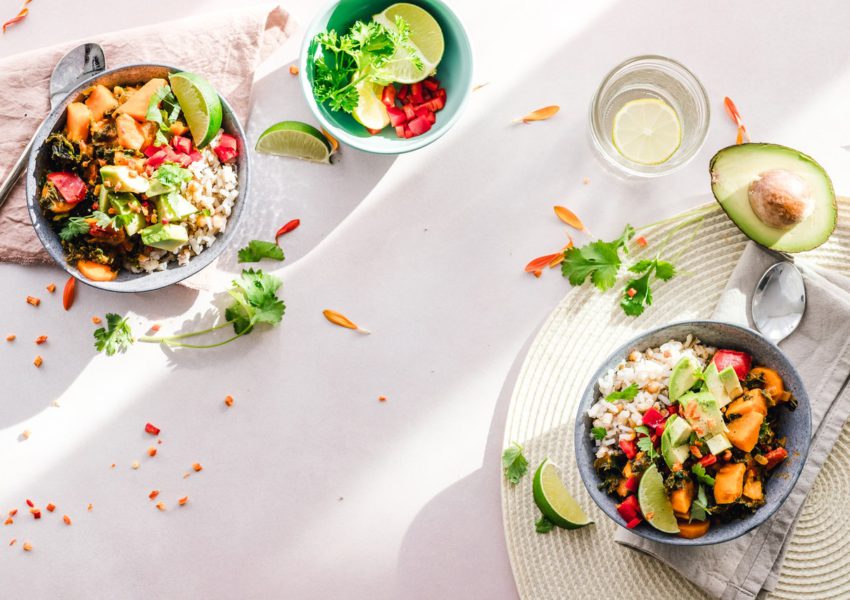Thrive with proper gut therapies that focus on things you can change, such as lifestyle, eating habits, sleep patterns, and stress levels. Research has already shown that certain conditions, foods, and behaviours can affect gut health for better or worse. Getting help from a gut health dietitian or gut health specialist that can guide you through gut therapies can be beneficial.

In animal and human studies, researchers have found that exercise increases the diversity of healthy bacteria in the gut. Eating more whole grains has been shown to increase the type and amount of bacteria in our guts.
Whole and fresh vegetables, beans and legumes, and a variety of fresh fruits are food for our gut bacteria. A balanced diet rich in fruits and vegetables provides the body with fibre, which results in good bacteria and gut health. Exercise can help improve gut health by increasing the diversity of beneficial bacteria in your gut.
The more variety of healthy foods you eat, the more bacteria you have. Research shows that having a diverse gut microbiome is associated with better health. Overall, microbiome diversity is a good thing, says Hanna Vastik, a former gut insect researcher at Stanford University who is now exploring the microbiome’s potential to treat inflammatory diseases. Without supplements, fortified foods or microbiome testing, you can grow a diverse gut microbiome for good gut health.
To keep the gut microbiome healthy, a balanced diet and a healthy lifestyle are key starting points. You don’t have to put your intestines under a microscope every day, but following a few general health rules — from maintaining a balanced diet to getting a good night’s sleep — can go a long way. Lifestyle changes, especially with what you eat, can change your gut microbiome for the better and improve your overall health. Making simple positive changes, such as increasing fibre in the diet, increasing exercise, and reducing unnecessary medications, is like having a healthier gut and a healthy gut microbiome.
Some studies have shown that taking probiotics can support a healthy gut microbiome and prevent gut inflammation and other gut problems. Research has shown that probiotics can help restore gut bacteria to healthy levels that protect us from inflammation. On the other hand, healthy gut bacteria protect you from disease, keep inflammation down, and even promote your mental health. Taking care of gut health and maintaining the right balance of these micro-organisms is vital for physical and mental health, immunity, and more.
The key, experts say, may lie in the microbiome — the composition of bacteria and other microbes in the stomach and gut, or informally, the gut. The foods you eat have an impact on the bacterial makeup of your gut, but so do many other factors, including the nature of your birth. The composition of gut bacteria also differed between lean and overweight individuals, suggesting that it may play a role in obesity in the first place.
As our intestines break down the food we eat, our intestines absorb nutrients that support our bodily functions. All food is eventually broken down in the intestines into a simple form that can enter the bloodstream and be transported as nutrients throughout the body.
Now more than ever, it’s important to understand why your gut is the key to your health. Unlocking the gut microbiome and its huge impact on our health Many things people don’t think about, such as depression or anxiety, are being altered by gut microbes. How the microbiome and its metabolites (substances formed by metabolism) affect human health and disease. Many microorganisms are beneficial to human health, and some are even essential.
Probiotics are foods that naturally contain the microbiome or supplement pills that contain live, active bacteria advertised to improve digestion. Live fermented foods are a great source of natural probiotics you can eat and drink.

